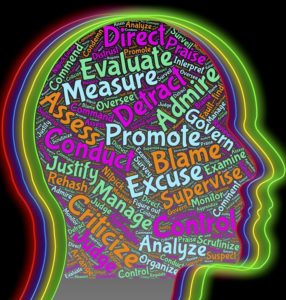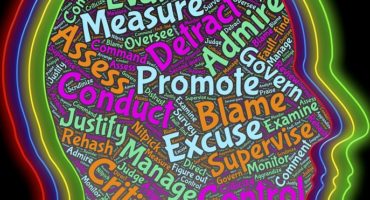
Do you answer “yes” to any of the following questions?
- Are you curious what hidden gifts or talents you possess, but don’t use?
- Do you sense that you learn or perceive the world differently from others?
- Does it feel like you could conquer the world – if only you didn’t have so much anxiety and self-doubt?
- Do you have big wishes/goals, but feel like you’re not educated (or smart) enough to attain them?
- Ever wonder why you experience relationships and social gatherings differently from your family and friends?
- Is school or work a struggle? Boring? Simply a poor “fit”?
- Are you an entrepreneur who wants to fine-tune your role in your business?
- Are you an employee who secretly wants to be an entrepreneur?
- As a mom, do you sense that your child is not performing at their best? Or as happy as they should be?
- Is it hard for you to pay attention, remember things, organize and manage your busy life?
- Do you feel like you’re a smart, creative person who is drowning in a world of checklists, to-dos, and non-stop life maintenance?
Maybe these questions seem like an advertisement for a motivational class or success
seminar. But sometimes, they’re questions that lead individuals to seek a neuropsychological learning evaluation.
A comprehensive, high quality, neuropsychological learning evaluation can help you understand:
- How you think.
- How you learn.
- How you relate to the world.
- Your interests and talents.
- Factors that may be suppressing your performance and happiness.
The goal of this evaluation is not to “diagnose” what is “wrong” with you or your child.
But it is important to identify what issues may be keeping you from functioning your best – and being your happiest. Here’s an analogy we can all relate to:
What would you do if your car did not start in the morning? Would you “give up” – i.e., call your boss your boss and quit your job? Would you “check out” – i.e, climb into the driver’s seat, stare out the windshield, and wait for something miraculous to happen? Would you become “behavioral” – yelling and cursing, maybe hitting your car? Or, would you buckle down and work harder – i.e., push your car to work?
Everyone will respond in his or her own way, depending on temperament, motivation, how many times this has happened before, financial situation, whether a phone is available, and so on…
Of course, the ideal choice would be to call a tow truck and have your car delivered to a mechanic’s shop. There, the mechanic would begin his assessment of the problem by asking you what happened. Based on the history you give, he might continue the diagnosis process by considering your vehicle’s make/model, identifying the type of engine in the car, checking the oil, evaluating whether the engine parts are moving correctly, determining whether any parts are broken or jammed, ensuring the engine is connected to the drive rod, axle, and wheels, etc. He might even check to see if your wheels have air in them – or if the gas tank is empty!
Basically, the mechanic would take a comprehensive look at your vehicle to figure out exactly what is keeping your car from performing the way it was designed.
Similarly, a neuropsychological learning evaluation involves understanding where you are, how you got here, and where you want to go.
Like a mechanic’s shop, the diagnostic process evaluates your brain – its horsepower (IQ), output (e.g., academic achievement, behavioral symptoms, emotions), how various parts work together (e.g., attention, working memory, executive function), and if the engine connects to the rest of the car (e.g., visual, auditory, sensory processing). This is a simplistic comparison, of course, but it illustrates the value of comprehensive diagnostic assessment.
Since every human is unique, a neuropsychological evaluation is arguably much more complex than figuring out why a car won’t start… Especially when one takes into account the influences of emotional, social, and behavioral functioning, the infinite scope of interests, personality, temperament, and family dynamics – and the fact that everyone is unique!
But the overall goals of the two assessments are similar – to figure out how to optimize performance.
Unfortunately, there is a stigma about “psychological testing” that may prevent adults from pursuing a learning assessment – either for themselves, or for their kids.
Over time, this will change, of course. At some point in the future, neuropsychological learning evaluations will become mainstream. Someday, it may be as common as getting vision or hearing checked, having cavities filled, or getting blood pressure checked – just another approach to living longer, healthier, and happier lives.
Few people would disagree with the sayings, “Live life to the fullest,” or “Be the best you can be.” Wouldn’t it be nice to find out what the “fullest” or “best” really means? And then to identify and overcome any obstacles that might stand in your way?
– Dr. Katen
“Live the life you were meant to live!”
©2017 Individual Matters. All rights reserved. Permission is granted to share this article with others, as well as to print or post it on other websites, so long as credit is given to the author.


 Is it ADHD, sensory processing, anxiety, or something else?
Is it ADHD, sensory processing, anxiety, or something else?